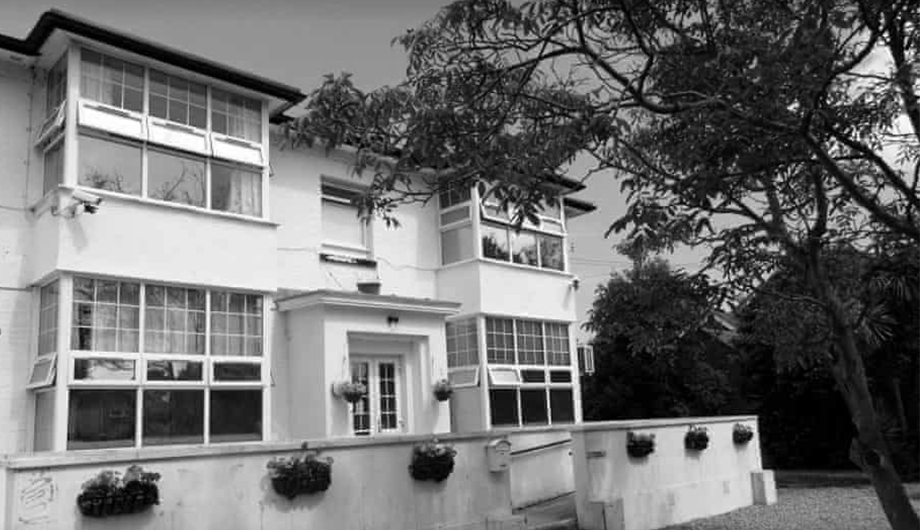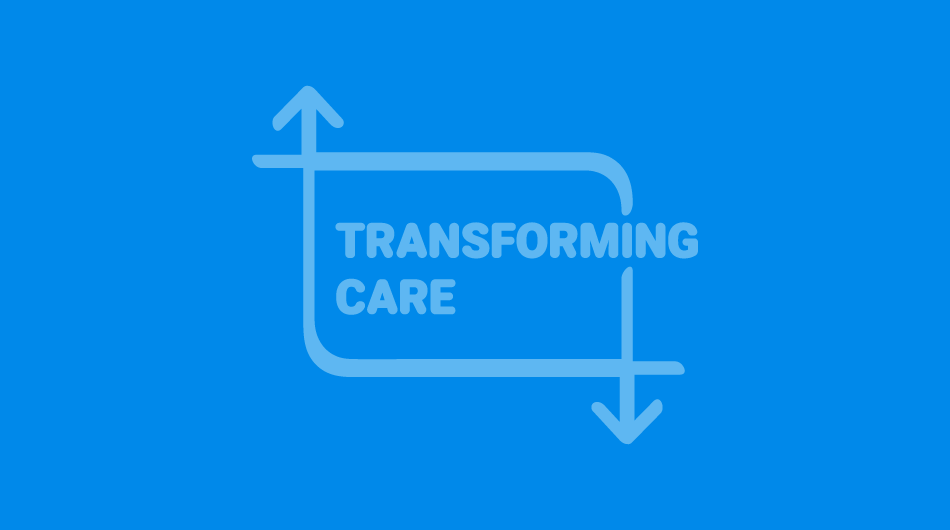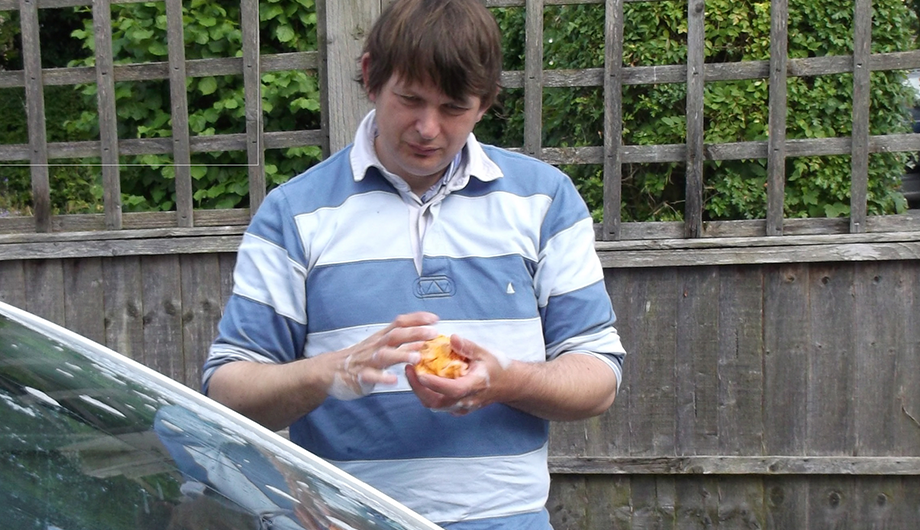
Another scandal in a Cygnet service
Another scandal in a Cygnet service means more individuals suffering abuse in services where they should be supported and cared for.

Mencap and the Challenging Behaviour Foundation sound the alarm bell over continuing shocking levels of restrictive practices being used against people with a learning disability and/or autism in inpatient units.
Following the exposure of yet another abuse scandal at an inpatient unit last month, Mencap and the Challenging Behaviour Foundation sound the alarm bell over continuing shocking levels of restrictive practices being used against people with a learning disability and/or autism in inpatient units.
Latest NHS Digital figures show that there continue to be high levels of restrictive interventions, like physical restraint, over-medication and solitary confinement, being used against the 2,060 people with a learning disability and/or autism who are still locked away in these hospitals. There were 4,810 recorded instances of restrictive interventions (including physical, prone, mechanical and chemical restraint) in July 2020, of which 660 were against children.
These figures show 950 more recorded instances than in the previous month, [4] and whilst this month’s data saw one additional provider contributing figures for the report, there are still 39 providers that aren’t reporting – meaning these high figures are likely to be just the tip of the iceberg. [5]
Last month, Cygnet Yew Tress hospital in Essex was closed following the discovery of shocking physical and emotional abuse of patients with a learning disability. [6]
2,060 people continue to be locked away at increased risk of abuse and neglect – a reduction of 40 people on last month’s data. The Government and NHS England programme aims to transform care by closing 50% of beds for people with a learning disability and/or autism in inpatient units by 2024 and provide people with the right support in the community.
Mencap and the Challenging Behaviour Foundation urge the Government, NHS England and local authorities to focus on developing the right support and housing in the community that people desperately need to be discharged.
In the last month, the abuse scandal uncovered at Yew Trees hospital has re-highlighted the risks of closed culture of inpatient services, enabling abuse of individuals with a learning disability and/or autism to remain hidden and un-checked. During the pandemic, blanket restrictions on family carer visiting and lack of CQC unannounced inspections have meant services are more closed to the outside world. The data on the increased use of restrictive interventions in inpatient services published today is from a very small proportion of services reporting. There seems to be little compliance in sharing this important data.
Whilst the Government and NHS England remain silent when poor practice and abuse is uncovered and with little evidence of progress or “lessons learned”, there is no accountability for the ongoing lack of suitable care and support for children and adults with a learning disability and/or autism and the damage caused to individual lives.
We continue to wait for the Government action to evidence commitment to providing the right support in the community, close to their friends and family, for all children, young people and adults who are autistic and/or have a learning disability.
Last month, another hospital abuse scandal was exposed by the CQC. Again, we are seeing horrifying levels of physical restraint, over-medication and solitary confinement used against people in these hospitals. Yet some commissioners of health and social care services and NHS England continue to pay for people to be locked away where we know they are at greater risk of abuse and neglect. When will the Government, NHS England and local authorities wake up to this domestic human rights scandal?
We cautiously welcome the small reduction in the number of people in hospitals this month, and we hope that this continues. However, a second coronavirus wave will put increasing pressures on vital frontline services, and we are worried that this could lead to more people reaching crisis point and being admitted over the coming months.
As we start to enter further lockdown restrictions, families are rightly terrified about what might happen to their loved one behind closed doors. We have already warned that people have been put at increased risk with family contact cut and routine CQC inspections stopped during national lockdown. The Government and NHS England must take urgent action to protect those who are still locked away, as well as not lose focus on developing the right support and housing in the community to stop admissions and to get people out of inpatient units. People deserve to live in homes not hospitals.
See our infographic highlighting the key figures
See full report accessed via NHS Digital

Another scandal in a Cygnet service means more individuals suffering abuse in services where they should be supported and cared for.

Find out how drugs often have side effects that affect quality of life and wellbeing.
If you support someone with a severe learning disability whose behaviour challenges you can contact the CBF Family Support service on 0300 666 0126 or email us at support@thecbf.org.uk